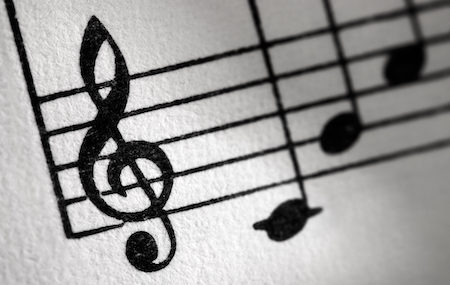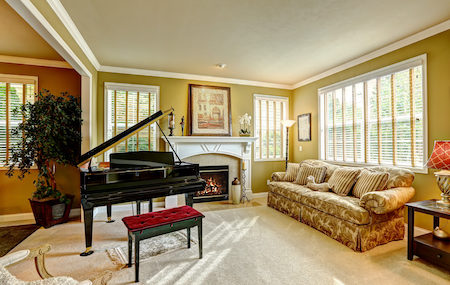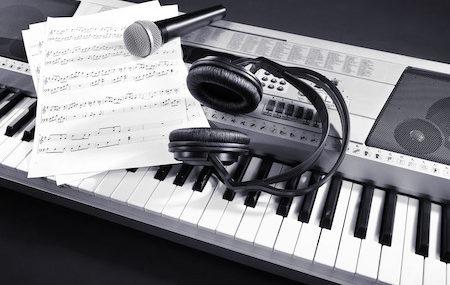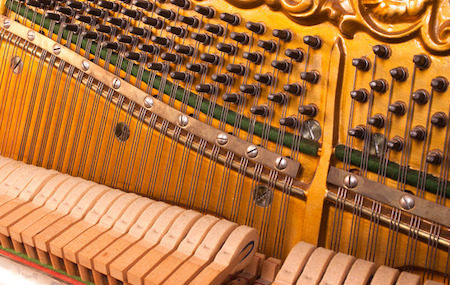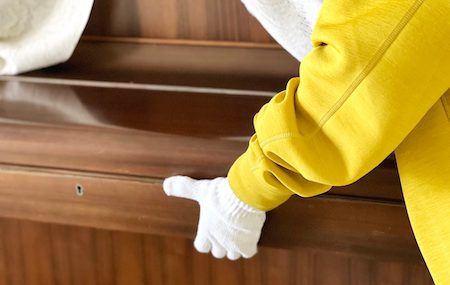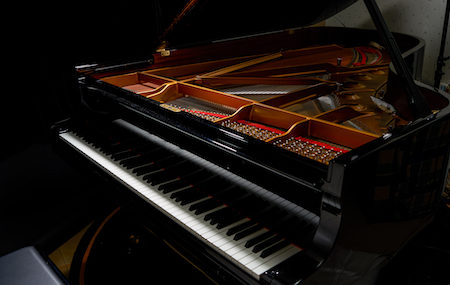Playing classical piano music can be a truly magical experience. Imagine the feeling of sitting down at the piano, placing your fingers on the keys, and letting the music flow through you.
The piano is such a versatile instrument, capable of producing a wide range of sounds and emotions. And when you’re playing a beautiful piece of classical music, it’s like you’re having a conversation with the composer themselves.
As you delve deeper into the world of classical piano music, you’ll discover that each piece has its own unique character and story to tell. For example, the lively, playful melodies of a Mozart sonata can transport you to a festive 18th-century ballroom. While the haunting, introspective melodies of a Chopin nocturne can take you on a journey through the innermost depths of the soul.
But don’t be fooled by the beauty of classical music. It takes hard work and dedication to master these pieces. Learning a challenging piece of music requires discipline, patience, and a lot of practice. However, the sense of accomplishment that comes with finally playing it correctly and with expression and nuance is truly unparalleled.
One of the best things about playing classical piano music is that it never gets old. Even after you’ve been playing for years, there are always new pieces to discover, new techniques to master, and new ways to interpret the music. And with so many different composers and styles to choose from, there’s always something new to explore.
Playing classical piano music can also be a social activity. Many pianists enjoy performing for friends and family; the joy of sharing the beauty of the music is priceless. Some even participate in recitals and competitions. There’s nothing quite like the feeling of being on stage, playing music you’ve poured your heart and soul into. And the applause and positive feedback afterward is the cherry on top.
Playing classical piano music is a journey that is always rewarding. It’s a journey of self-discovery, a journey of artistic expression, and a journey of connection to some of the most beautiful and meaningful music ever created.
If you’re even a little bit curious about classical piano music, I encourage you to give it a try. You might just be surprised by how much joy it brings into your life.
